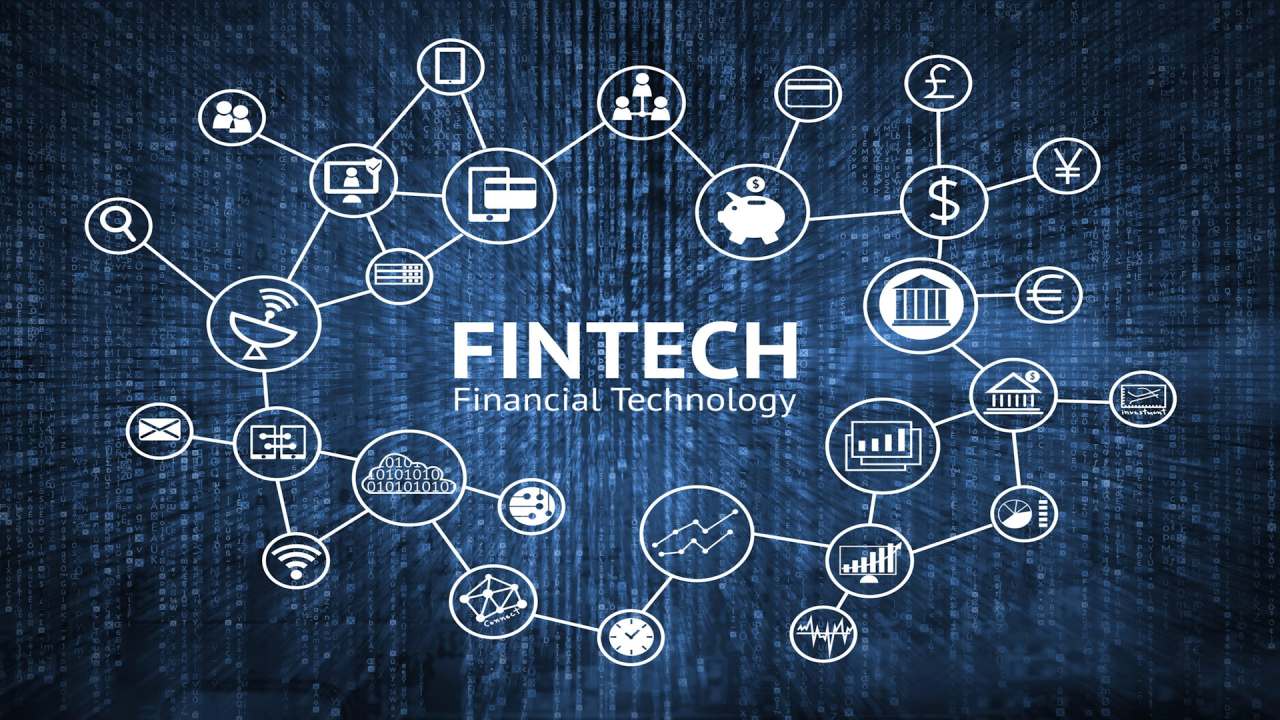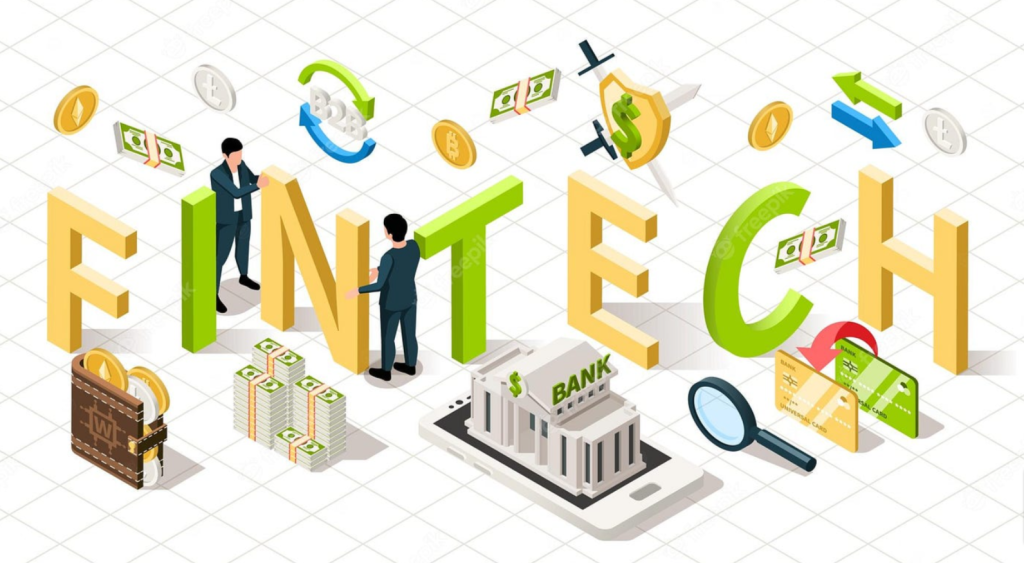
The issue of financial inclusion is drawing increasing attention worldwide. As per the World Bank, 1.7 billion adults around the globe remain unbanked, meaning they do not utilize banking services provided by financial institutions. This issue has far-reaching implications, including obstructing economic growth and fostering inequality. However, the advent of digital financial services has opened a new pathway to foster financial inclusion and reduce the unbanked population.
Understanding the Unbanked: A Closer Look
To understand the concept of financial inclusion, one needs to first understand who the unbanked are and what their needs entail.
Defining the Unbanked and Their Needs
The term ‘unbanked’ refers to individuals who do not have access to formal financial services provided by traditional financial institutions, such as bank accounts, credit, or insurance. This population usually includes low-income individuals, elderly people, and those living in remote parts of the world.
This demographic often struggles due to a lack of access to traditional banking services. They are unable to save, invest, or borrow in a safe and formal environment, leading to economic instability and financial exclusion.
The Significant Role of Fintech in Advancing Financial Inclusion
Financial Technology, commonly known as FinTech, has the potential to enhance the accessibility of financial services. It has become increasingly efficient in creating systems that foster financial inclusion for unbanked individuals.
Mobile Banking: A Game Changer in Financial Services
Mobile banking is revolutionizing financial services. It leverages the ubiquity of mobile phones to provide digital financial services which have proven to be a game-changer for the unbanked. The proliferation of mobile phones in regions with unbanked populations allows for greater accessibility to banking services without requiring a traditional bank account.
The Rise of Peer-To-Peer Lending and Microfinance Services
Peer-to-peer (P2P) lending and microfinance services are other compelling use cases of FinTech. These new technologies are jumping past the restrictions of traditional banking and providing the unbanked with access to financial products tailored to their needs.
The Impact of Blockchain and Cryptocurrency on Financial Inclusion
Blockchain and cryptocurrencies are arguably the most innovative digital financial instruments that hold considerable promise in fostering financial inclusion. They can bypass the impediments inherent to the traditional financial system and serve as a feasible financial infrastructure for low-income groups and developing countries.
Biometric Identification: Ensuring Security and Ease of Access
Biometric identification is another example of the disruptive new technologies behind the FinTech wave. It enhances security while providing ease of access to financial services, eliminating one of the major barriers to financial inclusion for the unbanked population.
Data Analytics: Enhancing Credit Scoring
Data analytics is another tool that helps banks and financial institutions make informed lending decisions. It relies on multiple data points to create a more comprehensive credit profile for an individual, thereby reducing financial exclusion for those who typically struggle to receive credit from traditional sources.
Addressing the Challenges Toward Financial Inclusion
While the promise of FinTech in improving financial inclusion is immense, several challenges need to be surmounted to truly uplift the unbanked.
Overcoming Infrastructure Problems and Connectivity Issues
One of the primary barriers to financial inclusion in developing countries is the lack of proper infrastructure. This problem extends to technology as well, with connectivity issues often barring the unbanked from taking advantage of digital financial services.
Navigating Legislative Landscapes: Regulatory Frameworks
Additionally, regulatory frameworks set by financial institutions and governments can serve as stumbling blocks for creating an environment conducive to financial inclusion. Therefore, it’s important to navigate legislative landscapes effectively to ensure the safe and fair practice of digital banking methods.
Promoting Financial Literacy
Many unbanked individuals are unaware of the products and services available to them, leading to increased financial exclusion. Promoting financial literacy can help address this issue by educating people about the benefits and potential risks of different financial products.
Tapping into the Unbanked’s Views
It’s also important to tap into the views and experiences of the unbanked population. This can be done through surveys or community engagement – which provides insightful feedback for creating personalized financial services.

Exploring Alternative Solutions: Can Crypto and Web 3.0 Help?
Cryptocurrency and Web 3.0 are seen as potential tools to address financial exclusion. However, it’ll be important to monitor the accessibility and cost-effectiveness of these technologies as they develop in the future.
Final Thoughts on Financial Inclusion and the Unbanked
Ultimately, the goal is to deliver Financial Inclusion: Empowering the Unbanked Through Technology. Given the advancements and potential for innovation, it’s an exciting time for the world of financial services. Despite challenges, the opportunity to provide the unbanked population with access to formal financial services, harnessing the power of FinTech, is indeed promising.
Your Privacy Is Important to Us
In our work, we abide by the most stringent privacy standards to safeguard your information.
How We Process Your Data to Provide You With Our Services
Our organizations maintain detailed logs of all data processing activities. We prioritize customer confidentiality and use advanced encryption methods to secure your data.
Ensuring Your Privacy Rights
We are committed to ensuring your privacy rights are upheld. We have procedures in place to ensure that your rights are maintained and respected.
Managing Your Privacy Preferences
As an organization catering to a wide user base, we allow our clients the autonomy to manage their privacy preferences.
Our Cookie Procedures
Our website employs cookies to improve your online experience while maintaining your privacy. You can modify or opt out of cookie usage at any time.





